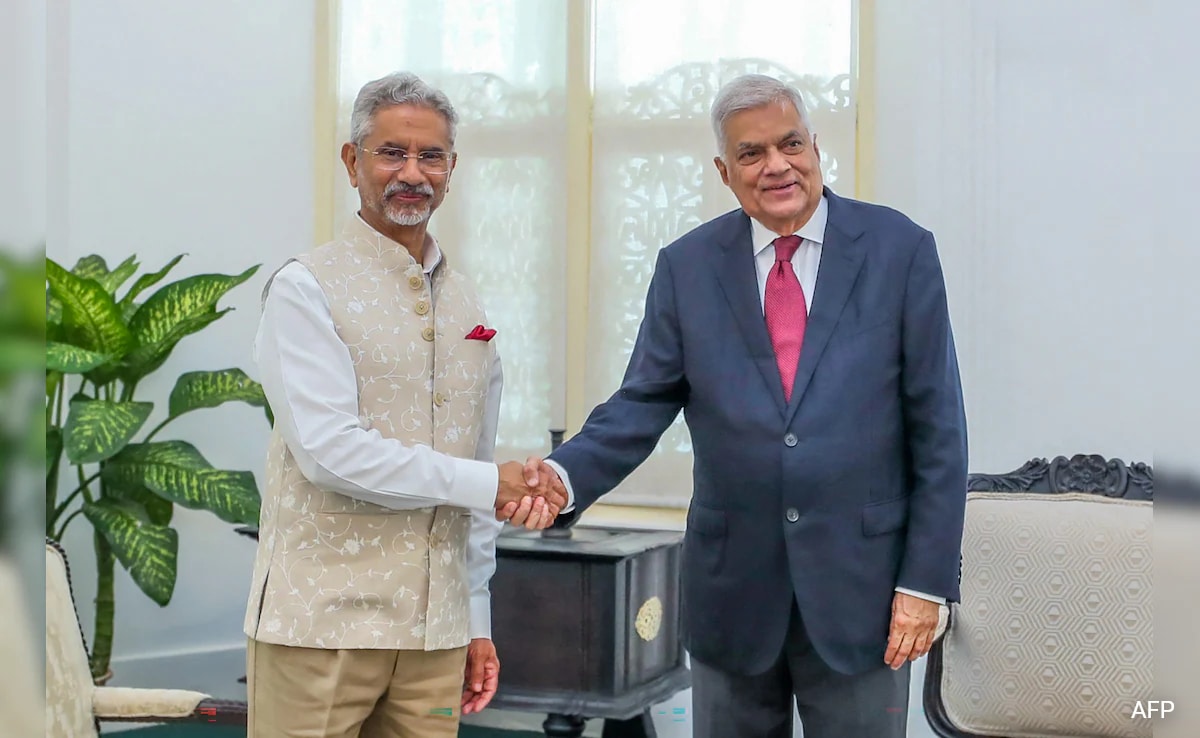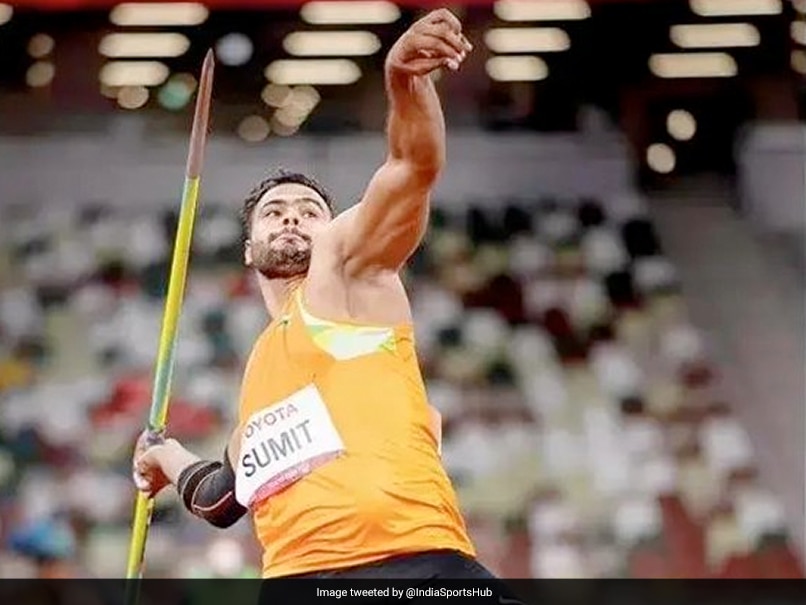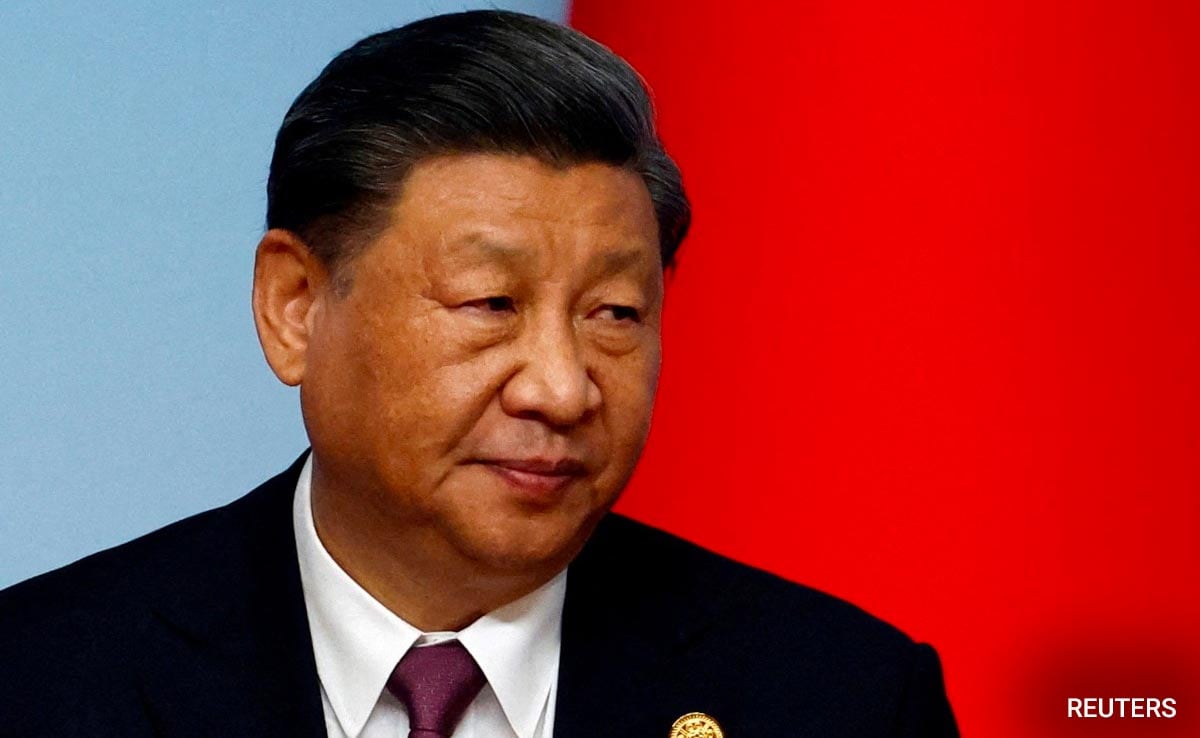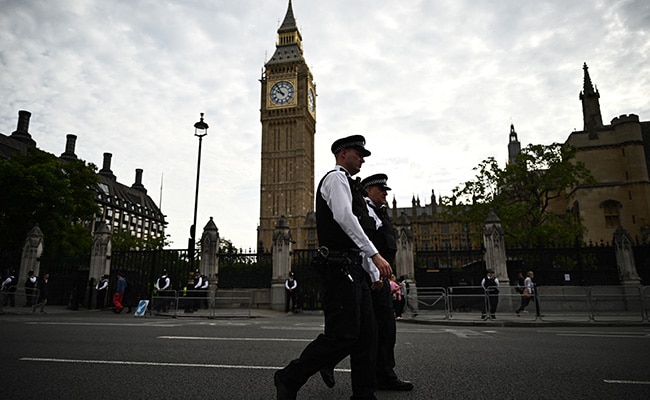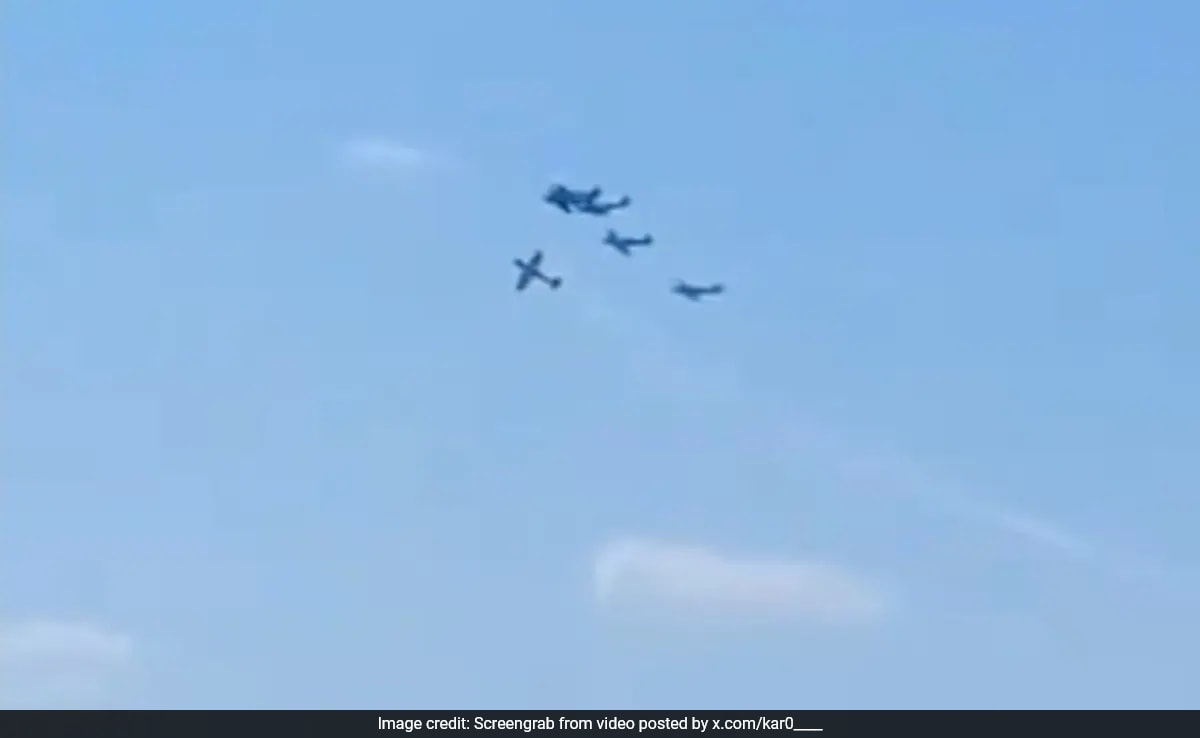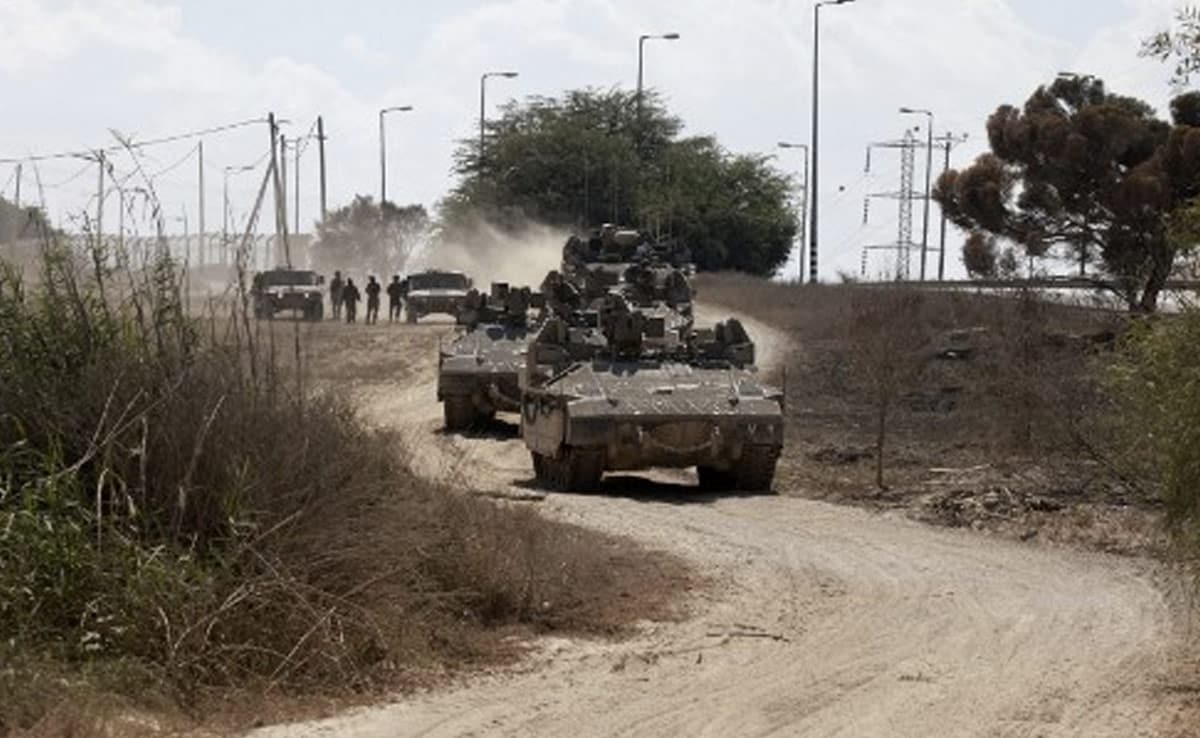Prime Minister Narendra Modi and Russian President Vladimir Putin. File.
| Photo Credit: ANI
After being held up for several years, the India-Russia mutual logistics agreement is ready for conclusion, with Russia approving the draft agreement over the past week. The agreement will simplify exchanges between the two militaries in terms of interoperability and maintenance. India has signed a series of such agreements with various countries in the last decade, beginning with the United States in 2016.
An official order dated June 20 was issued by the Russian Government to this effect, authorising the signing of the logistics agreement. The draft agreement was also put out by the Russian government. “It’s a Russian governmental decree that approves signing the agreement and makes relevant instruction to the Ministry of Defence,” diplomatic sources said, commenting on the order.
Five year agreement
The conclusion of the Reciprocal Exchange of Logistics Agreement (RELOS) has been delayed for several years. Official sources said that this was the same agreement which has now been approved by the Russian side, and now has to be signed by both the sides before it can take effect. The agreement, as and when concluded, will be effective for five years and can then be extended further.
Defence cooperation is a major pillar of the India-Russia strategic partnership and is guided by the agreement on the programme for military technical cooperation. The agreement for the decade from 2021 to 2031 was signed during the inaugural meeting of the India-Russia 2+2 Dialogue held in New Delhi in December 2021. A Navy-to-Navy cooperation agreement along the same lines has also been in the works for some time.
India has signed several logistics agreements, including with all the Quad countries, France, Singapore, South Korea, and Vietnam. Logistics agreements are administrative arrangements facilitating access to military facilities for exchange of fuel and provisions on mutual agreement, simplifying logistical support and increasing the operational turnaround of the military when operating away from India.
Access to Arctic facilities
As reported by The Hindu earlier, the RELOS, when signed, will give India access to Russian facilities in the Arctic region, which is seeing increased global activity as new shipping routes open up. This is significant given India’s increasing investments in Russia’s eastern regions.
All logistics agreements are reciprocal, officials noted, and broadly cover military exchanges, exercises, port calls and Humanitarian Assistance and Disaster Relief (HADR) efforts, among others.
Mutual benefits
Among the three services, the Indian Navy has been the biggest beneficiary of these administrative arrangements signed with several countries, improving its operational turnaround and increasing interoperability on the high seas. The agreements have been a win-win for both the parties involved. For instance, the foundational agreements with the U.S., as well as the logistics agreements with Australia and Japan, have been especially beneficial as they also operate several common military platforms, along with India’s increasing share of U.S.-origin platforms.
Similarly, the United Kingdom has been leveraging its agreement with India to expand maritime cooperation. In recent deployments, Royal Navy ships have received spare parts manufactured by Indian shipyards within a short notice period, showcasing the growing interoperability between the two navies, the U.K. High commission recently noted. Similarly, Royal Air Force flights travelling in the region have already benefitted twice from taking logistics halts in India.

